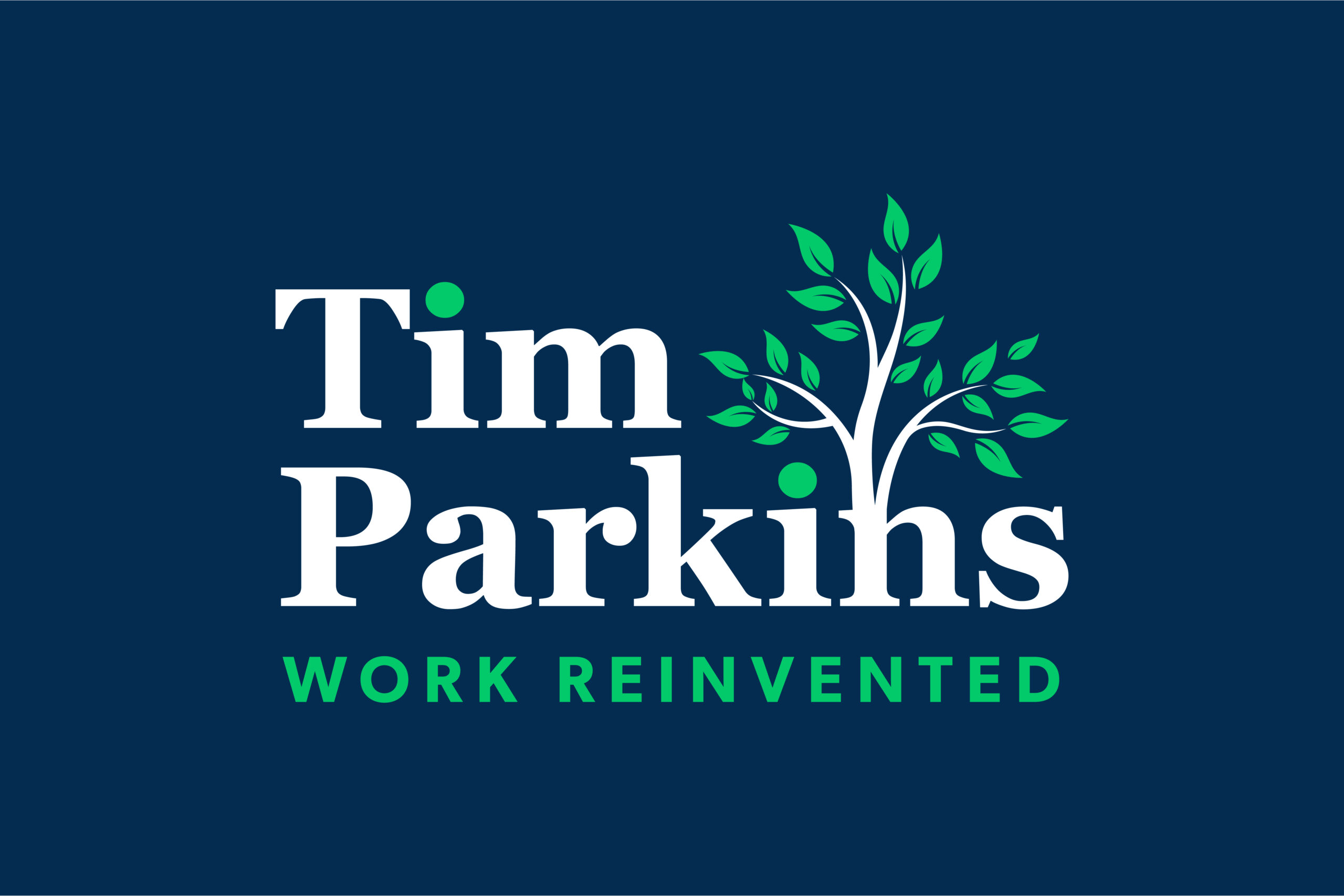Hey everyone!
Thanks for subscribing and reading. I know how valuable your time and attention are, so seek to ensure that I add value.
Every Sunday I bring you an article, an interesting quote that has been on my mind, and a journal prompt, all related to working and living better.
If you know someone that you think would find this content useful, please forward this on to them! I want to be useful to as many people as possible.
Please reach out (tim@timparkins.com) if you have questions for me or topics you’d like to see me cover.
Why “Follow Your Passion” is Terrible Advice
|
|
The conventional wisdom to “follow your passion” can be misleading and even dangerous.
Sorry, but here is a “truth bomb” for you; you aren’t entitled to earn your living by doing something you are passionate about. That is simply not realistic; the market does not give a damn what you are passionate about.
The only way to earn a living is to solve problems for people.
I love to kayak, and to take walks in the woods. But I am quite certain that I will not make a living doing these activities, regardless of how deep my passion for them runs. Because that is not solving anyone’s problems.
Instead, you need to focus your work on the intersection of three domains:
- what you are good at doing
- what people will pay for
- what you enjoy doing
|
|
When you find a problem to solve that’s at this intersection, you’ve found the sweet spot. This signals something you can make a good living at while still feeling satisfied with the work you are doing.
Another problem with the notion of “follow your passion” is that your passion is a fixed interest waiting to be discovered. This implies that if you don’t yet know what you are passionate about, there’s something wrong with you. But of course, there’s not. Instead, you need to try multiple things out, and chase what is interesting to you at that point in time (bearing in mind what the market says).
Also, careers are long. Research shows that people’s interests change with time. Both you and the world are in a constant state of flux, so you should reasonably expect your passions to evolve as well.
People seem to have forgotten the meaning of the word “passion”. Today, the word conveys “a strong feeling of enthusiasm or excitement for something”. But the Latin root of the word is “pati”, which means “to suffer”. The original sense of the word was “something one is willing to suffer for”, which has a rather different connotation to it. I would argue that this makes more sense in the context of career; what work are you willing to suffer for?
Passion is something that develops after one masters a craft, rather than causing that proficiency. Relying solely on passion to fuel a career can lead to burnout. No matter how much you may like your work, you need to have other interests.
As the old saying goes, “all work and no play makes Jack a dull boy.”
Relying on your work to provide all the joy in your life is a fool’s errand. You need to enjoy what you do for a living, but you also need to have a life outside of work. Work is only one way of expressing yourself in the world; you need to integrate work into your broader life.
In conclusion, remember that passion can develop as you master a craft and bring more of yourself to the work. Follow your interests, leverage your strengths, and pay attention to the signals the market sends.
If you’d like to explore this approach towards career satisfaction, I invite you to book a free consultation with me. I would love to show you the framework I’ve used to help people transform their careers.
| Book a consultation |
Quotation that I have been pondering
Perspective matters. The good news is that you get to choose your perspective, framing any situation in whatever way suits your goals. Writer and philosopher Alan Watts speaks of this idea in this quote pertaining to work:
Understand that you get to define the role that work plays in your life. Use the opportunity to make work into something that suits your needs, rather than allowing it to dictate how you live your life.
Journal Prompt
The human mind has a known bias towards negativity, which makes sense when considering evolutionary pressures. Paying attention to threats or dangerous situations helped us survive. This bias shows up in various facets of life. For example, people remember negative events more vividly than positive ones. Negative information influences people’s decision-making more than equally positive information.
While this bias may have been useful for survival in dangerous environments, it is less helpful in many modern-day scenarios. This negative bias can cause stress, anxiety, and other mental health problems. It also hinders decision-making.
We rarely need to worry about being eaten in our modern context, so this bias is much less useful today.
Rather than focusing on what needs improving in your career or life, which is our natural default, put some thought into what is working.
By focusing attention on the positive aspects of your life, you can enter a state of gratitude and positivity. Getting yourself into a positive mental state is what will make all the difference in moving yourself forward. It is quite rare to achieve big things from a place of worry, pessimism, and negativity.



